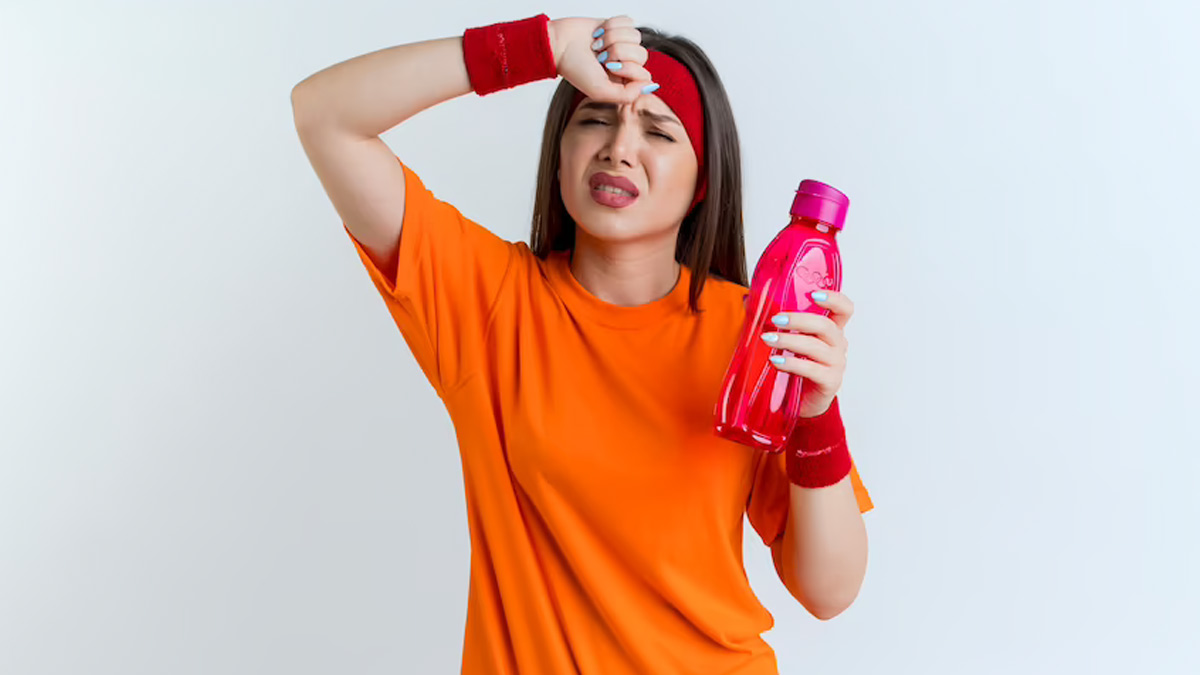
Do you Feel thirsty even after drinking what seems like enough water? We need to think about this condition as it can be concerning sometimes. The sensation is known as polydipsia when excessive. It can be caused by several factors ranging from minor to more serious health conditions. Here are seven reasons why you might feel thirsty despite adequate water intake:
Table of Content:-
Dry Mouth
“Dry mouth, or xerostomia, can make you feel thirsty even if your body is well-hydrated. This condition can result from various factors, including medication side effects, “ said Dr Vijay Kumar Sharma, Consultant - Ent & Head Neck Surgeon, Manipal Hospital, Kharadi, Pune.

An assessment of oral side effects of 131 of the most frequently prescribed medications in the United States in 1992 indicated that dry mouth or xerostomia was the most common oral adverse effect which led to alteration in taste.
Also read: From Dehydration To Blood Loss: Expert Lists Factors That Lead To Acute Kidney Injury
Dehydration Causes Beyond Water Intake
Dehydration isn’t always solved by drinking water alone. Factors such as excessive sweating, being in a hot environment, or having a fever can lead to dehydration, making you feel thirsty even if you're drinking water. In these situations, your body may require not just more water but also electrolytes to properly rehydrate.
Diet High in Sodium
As per a research published in National Library of Medicine, eating foods high in salt can lead to increased thirst. Sodium, which is essential for fluid balance and nerve transmission, when consumed in large amounts, can cause the body to pull water from cells to help flush the sodium out, leading to a sensation of thirst.
Diabetes
Persistent thirst is a common symptom of diabetes, both type 1 and type 2. High blood sugar levels cause your body to try to flush out the excess glucose through urine, leading to a loss of fluids and a consequent feeling of thirst.

Medications
Certain medications can cause dry mouth or have diuretic effects, leading to increased urine production and a consequent feeling of thirst. These can include medications for high blood pressure, antihistamines, and some psychiatric medications.
Diabetes Insipidus
Not to be confused with diabetes mellitus type 1 and type 2 diabetes, diabetes insipidus is a rare condition that affects the kidneys' ability to conserve water. Despite drinking ample water, individuals with this condition can still feel extremely thirsty.
Psychological Factors
In some cases, feeling thirsty despite adequate water intake can be psychological, rooted in conditions such as psychogenic polydipsia. This condition is often seen in individuals with psychiatric disorders and involves excessive water drinking without a physiological basis.
Also read: Stay Hydrated and Refreshed: Healthy Electrolyte-Rich Drinks to Prevent Dehydration
Addressing Persistent Thirst
If you consistently feel thirsty even after increasing your water intake, it's essential to consult with a doctor to rule out underlying conditions. A medical professional can offer guidance based on your specific situation, potentially recommending blood tests to check for diabetes or other conditions. In the meantime, paying attention to the quality of your diet, moderating your intake of salty foods, and monitoring your health for other symptoms can help manage excessive thirst.
Also watch this video
How we keep this article up to date:
We work with experts and keep a close eye on the latest in health and wellness. Whenever there is a new research or helpful information, we update our articles with accurate and useful advice.
Current Version